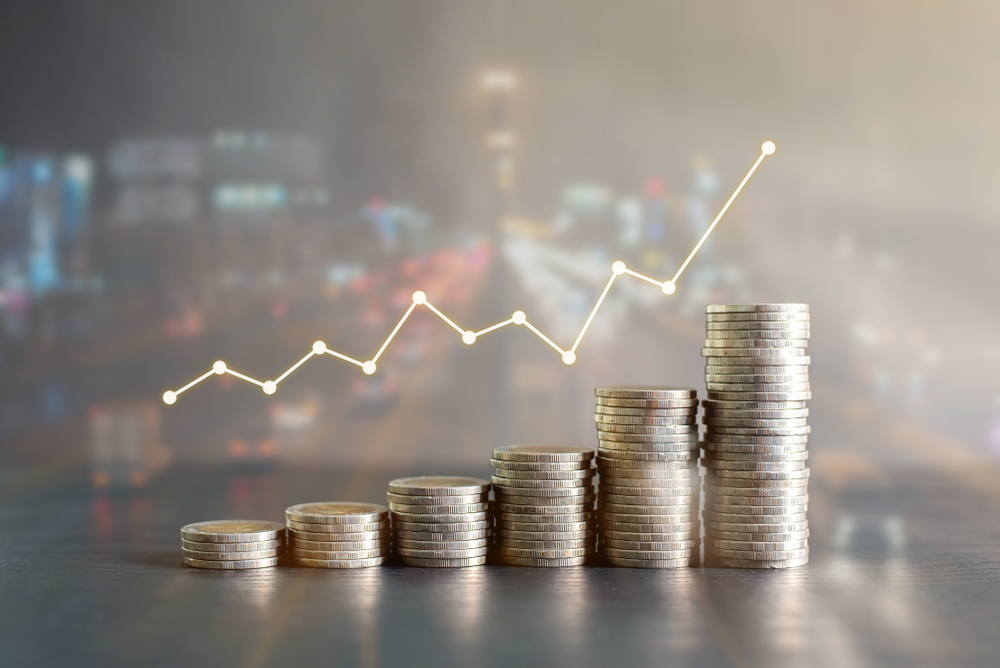Billionaire Kiki Barki Bets Big on Nickel as Industry Faces New Challenges
The nickel industry is undergoing significant transformations, attracting major players like billionaire Kiki Barki, who built his fortune in coal mining. Now steering his company Harum Energy toward nickel, Barki is making bold moves to capitalize on the metal’s potential, despite nickel prices ending 2024 below their 2023 close.
Harum Energy’s strategic investments
Harum Energy accelerated its nickel expansion in 2024 through a series of high-profile deals:
- In January: Harum increased its stake in Indonesian nickel smelter Westrong Metal Industry to nearly 81%, investing $215 million.
- By April: Its subsidiary, Tanito Harum Nickel (THN), acquired a 51% stake in Blue Sparking Energy for $206 million. The facility, under development, aims to produce 67,000 tons of nickel annually by 2026.
- In September: Harum partnered with Chinese tycoon Xiang Guangda’s Eternal Tsingshan Group, with Tsingshan acquiring a 49% stake in Harum’s nickel units. Nomura analysts expect this collaboration to enhance production and unlock future asset opportunities.
These strategic plays underscore Harum’s commitment to positioning itself as a major player in the global nickel market.
Nickel and the EV revolution
The electric vehicle (EV) industry has long been a key driver of nickel demand, but 2024 presented unexpected challenges:
- Weak demand and oversupply: In regions like North America, high nickel prices anticipated from an EV boom have not materialized, leading to a supply-demand imbalance.
- Rise of LFP batteries: Chinese companies are developing lithium ferro-phosphate (LFP) batteries as an alternative to nickel-based EV batteries. These batteries, made with iron phosphate and lithium, are less harmful to the environment, cheaper by about 20%, and increasingly favored by manufacturers, including some in Indonesia.
While LFP batteries offer benefits like reduced environmental impact and lower costs, their growing popularity could challenge nickel’s dominance in the EV market.
China and Indonesia’s evolving relationship
Indonesia, the world’s largest producer of nickel, faces unique challenges as the demand for LFP batteries grows. The country’s strategic partnership with China remains critical:
- Business agreements: During the Indonesia-China Business Forum in Beijing, Presidents Xi Jinping and Prabowo Subianto finalized $10 billion in agreements focusing on sectors like clean technology, biotechnology, and nickel mining.
- Commitments: Both nations emphasized plans to strengthen cooperation in EVs, lithium batteries, and photovoltaic projects while securing mineral resources and stabilizing supply chains.
This partnership highlights the balancing act Indonesia must perform as it leverages its nickel resources while navigating global shifts in battery technology.
Outlook for nickel in a changing market
As Harum Energy continues to expand its nickel footprint, the industry faces a pivotal moment. On one hand, the growing EV market offers significant opportunities for nickel producers. On the other, the rise of LFP batteries and evolving global trade dynamics present challenges that could reshape the sector’s future.
Harum’s strategic investments and partnerships signal confidence in nickel’s long-term prospects, but the company, along with the broader industry, must adapt to changing technologies and market demands.
Conclusion
Billionaire Kiki Barki’s pivot from coal to nickel underscores the evolving opportunities and risks within the global nickel industry. As Harum Energy positions itself for growth, the interplay between traditional nickel demand and emerging battery technologies like LFP will shape the sector’s trajectory in the years ahead.


